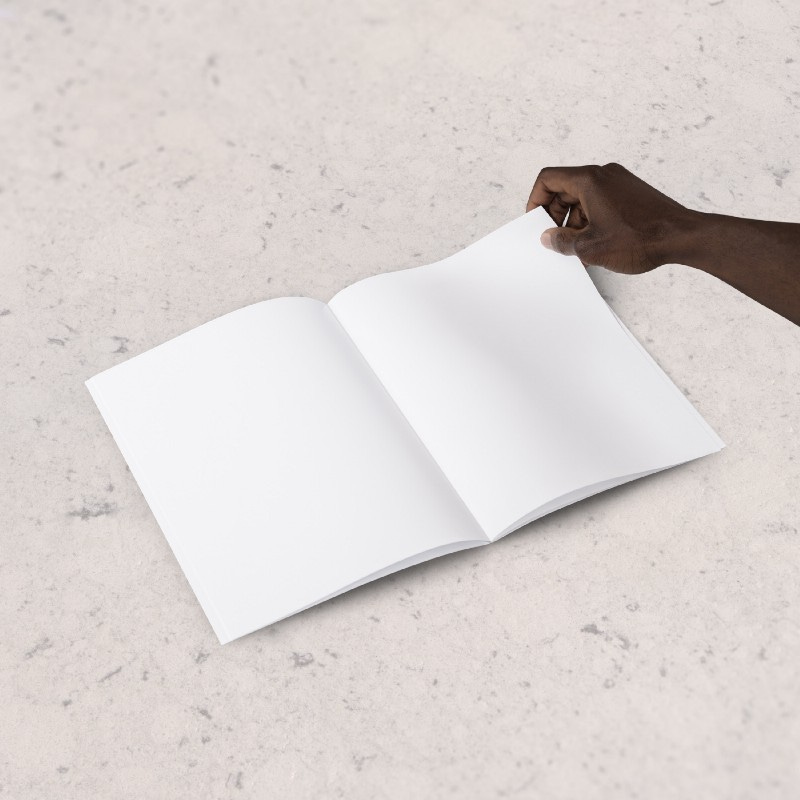
You’re fired up, ready to write.
You dash to your desk, open your computer (or notebook), all set to go.
And there you sit. Hands on keys, or fingers gripping a pen. But nothing is happening.
Sometimes, despite the best of intentions, it is really hard to get words on the page. Whether you are are facing the blank page (a new book, chapter, scene) or you’re in the middle of something (book, chapter, scene), sometimes the words just don’t come.
And that damned page looks oh so daunting.
The Cure

But, never fear, help is at hand.
First of all, remember this: the only way out is through. The only way around this is to write.
Yeah, I know, sorry. But that’s the truth. The only way out is to write. And so our job is to figure out how to get those words on the page. That’s the rub. That’s what makes writing so hard…..and also so easy.
Because in the end, and the beginning, and the middle, it is only and all about the writing. I know, I’ve said that several times now, but it bears repeating because it’s truth.
So some tips.
If you’re facing the blank page
Maybe you need to do some prep work. Maybe you just don’t know enough about where you’re going.
— Fill out a scene outline, listing things like location, time of day, weather, lighting, details of the setting, who will be in the scene, what happens.
— Create a character dossier for your main characters. Note details both external and internal. Write down their physical appearance, how they dress, the kind of car they drive, where they live and work and play. Now figure out their internal demons, what keeps them up at night, and of course, what they want more than anything in the world. And while you’re at it, fill in the details of their backstory — where were they born? Who raised them? Where did they go to school, if at all? And so on. This becomes a document you can refer back to repeatedly if you get stuck.
— How about some visuals? Creating a vision board or book can help you keep locations, buildings, homes, characters, and more in mind. Find images online or in magazines. (For more information on these, you can download my free ebook on creating a vision board for your book here.)
If you’re in the middle
Maybe you need more clarity.
— Stop and think. Yes, sometimes it is advisable not to plunge in. Pondering is good, people. Pondering while walking, or showering, or weeding the garden is also good.
— Take good notes as you write. I’ve gotten in the habit of making notes on the page about what is to come. You can do this on a pad of paper next to your computer if you like, but I tend to do it in the file itself. This is enormously helpful when you open up that file again. Because: voila! You know where you’re going. The page is no longer daunting.
— Go where the energy takes you. If you’re staring at a page, totally daunted, and can’t get anything going, but you keep thinking about a different scene, go write that one. I tend to get bound up in doing things chronologically and forget I can jump around. But I can! And so can you. The great thing about writing is that there are no rules.
Also

Here’s one more bonus tip.
Remember that more often than not the words will come once you begin writing. So all you have to do is get one word on the page. That word can be the, or it, or hello. Or anything! Once you’ve got something, anything, on the page, it is so much easier to write more.
And then say goodbye to the daunting page and hello to kick-ass writing.





